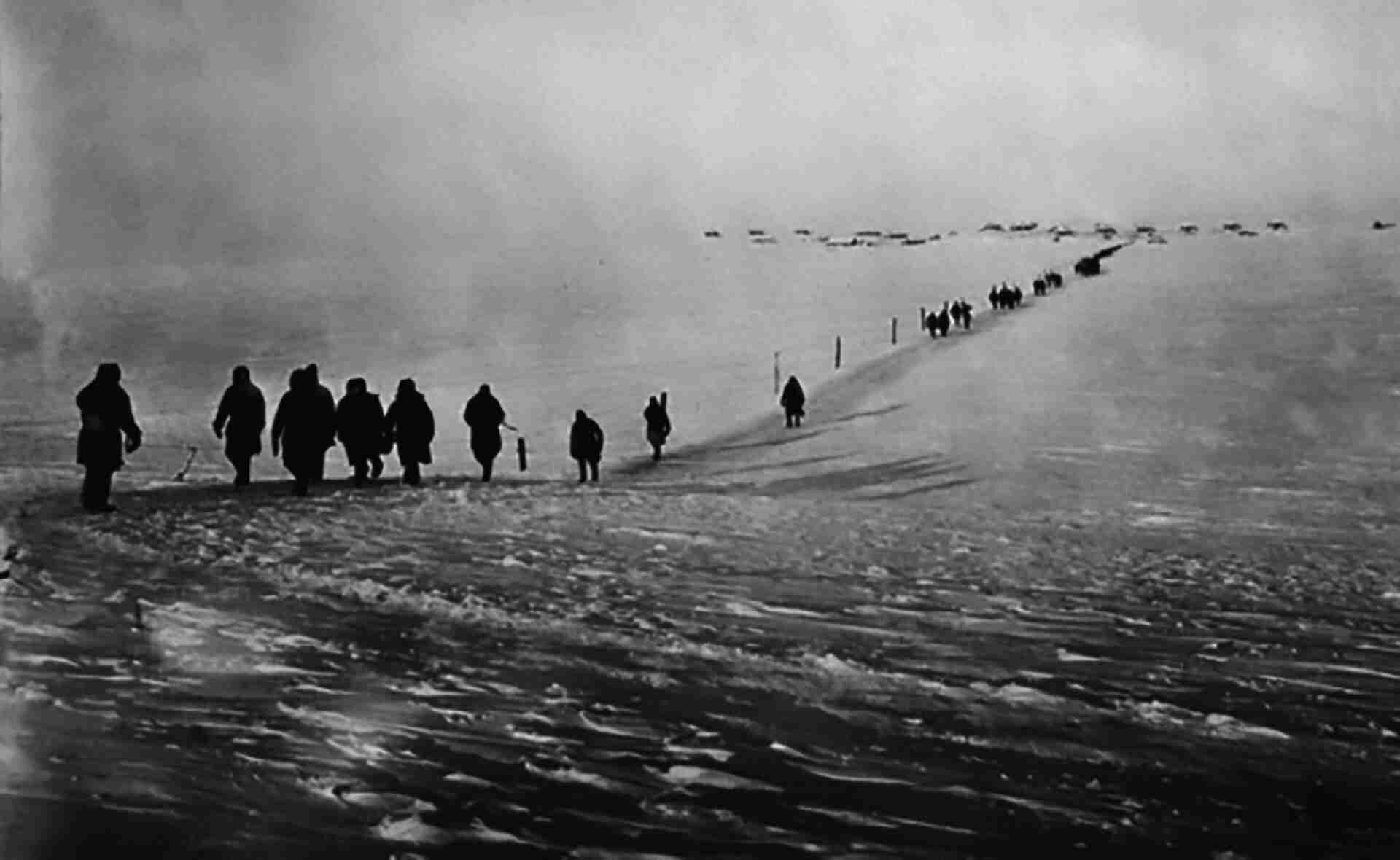
By a resolution of the National Assembly, which entered into force on 16 June 2000, 25 February of each year was declared the Memorial Day for the Victims of the Communist Dictatorships. On this day in 1947, Béla Kovács, the General Secretary of the Independent Smallholders' Party, was illegally arrested by the occupying Soviet authorities and deported to the Soviet Union. On the occasion of this day of remembrance, our Institute is broadcasting a lecture of the GULAG Foundation’s conference entitled "We trusted you from the beginning! - members of the clergy in GULAG Captivity" given on 25 February 2021 online. The speaker, Attila Horváth, professor at the National University of Public Service, and constitutional judge presents a very important aspect of the international law violations committed by the Soviet authorities under Stalin against Hungarian citizens.
The speaker: Attila Horváth, professor at the National University of Public Service, constitutional judge
Title of the presentation: Violations of international laws committed by the Soviet authorities under Stalin against Hungarian citizens.
About the presentation: Attila Horváth deals with a very important aspect: the illegal behavior of the Soviet army, the arbitrary violation of international legal conventions, the illegal circumstances of the imprisonment of people from the Hungarian Church, the illegal means of Soviet courts in Hungary, but also Soviet anticlerical methods and procedures.
About the conference: Jolán Nagyné Pintér, President of the GULAG Foundation underlined: "the title of the event We trusted you from the beginning! Members of the clergy in captivity in the GULAG is eloquent. The theme we have chosen is not only that of commemoration: today we will talk about the charismatic and faithful characters who remained at the head of their flock after their return home. Even though they couldn't officially be working as priests, even though they were psychologically and physically handicapped. By their example and by the strength of their faith, we want to give direction to the discouraged man of the 21st century: it is not a cliché, it is indeed possible to survive many things, it is indeed possible to keep our faith. Of course, no one claims that this is an easy road, an easy undertaking - the dramatic life stories of Father Placid, István Balogh, László Saly, György Kölley or the reformed pastors of Transcarpathia are good examples."
